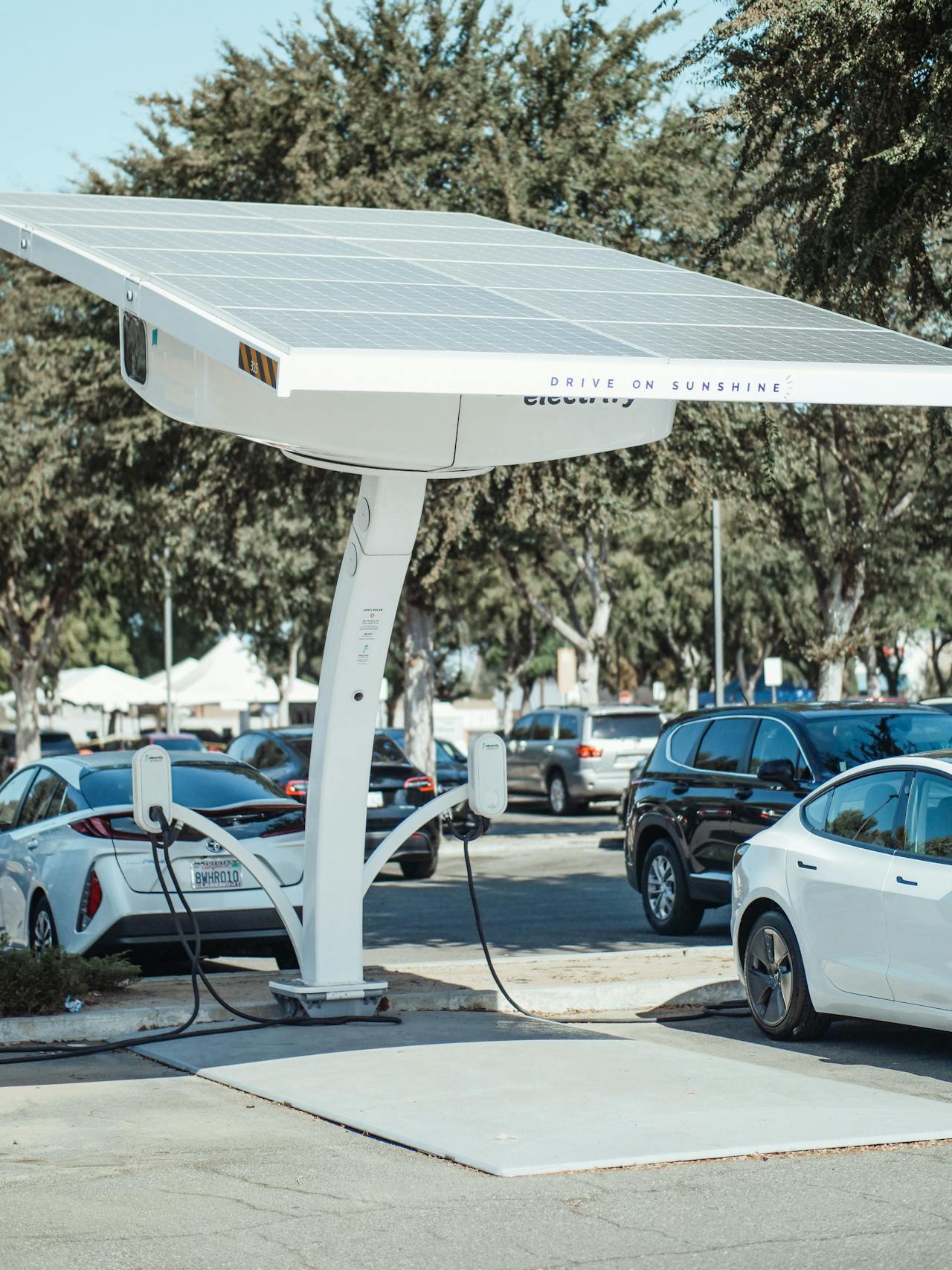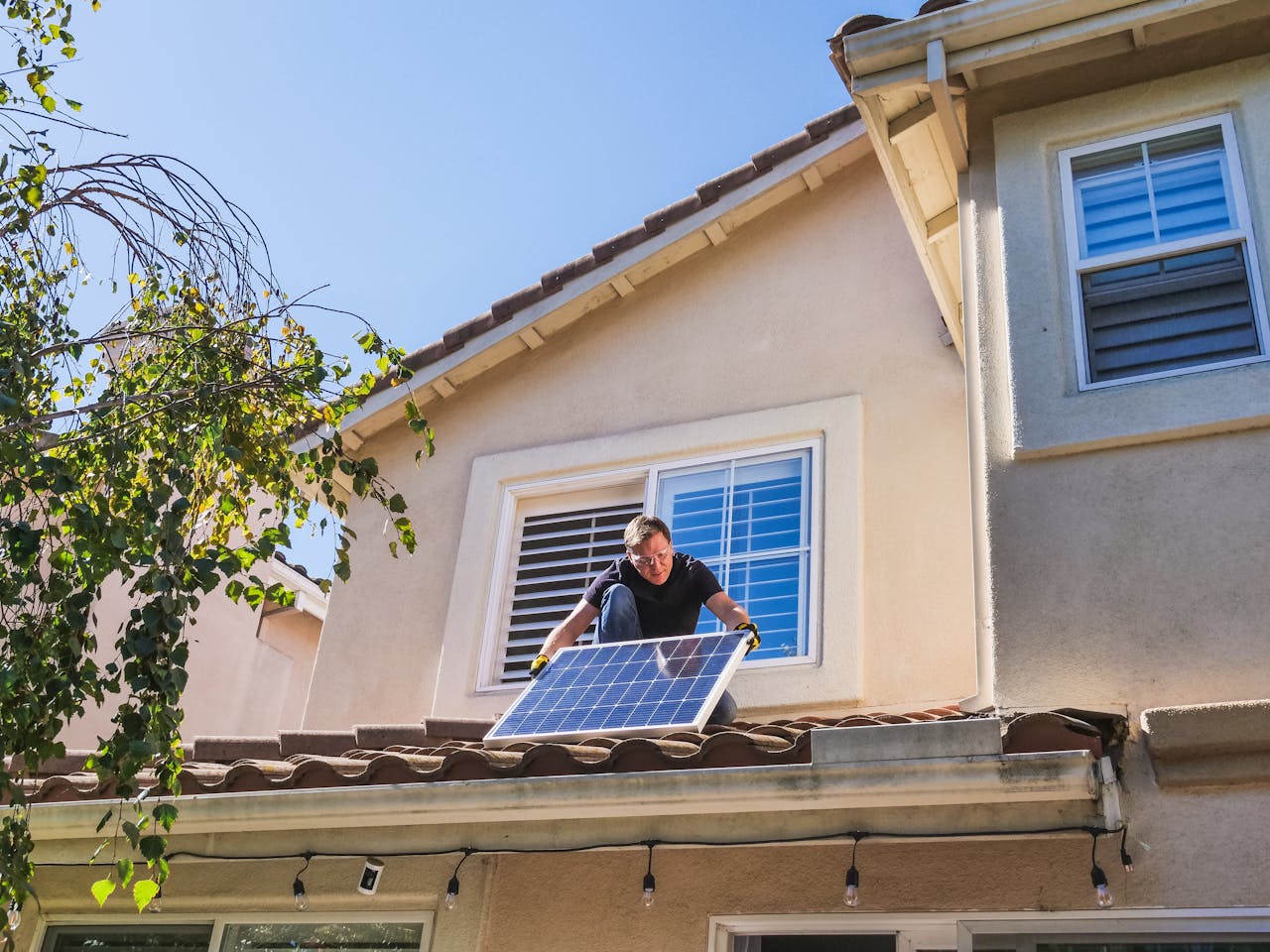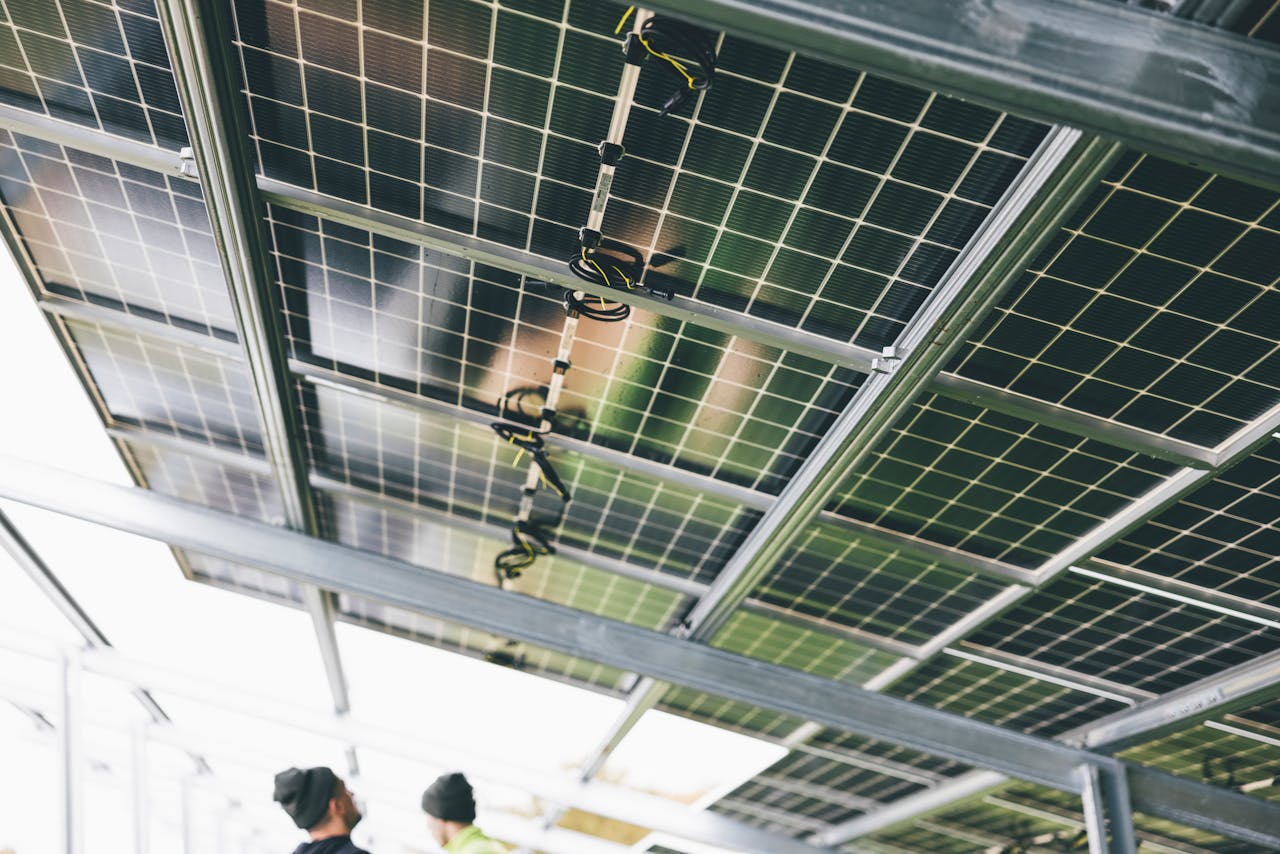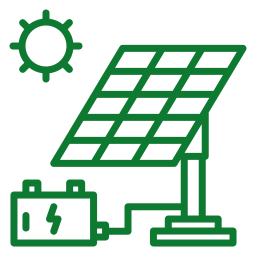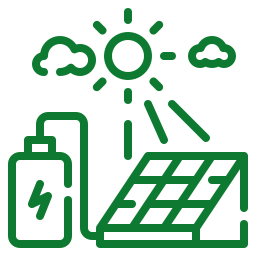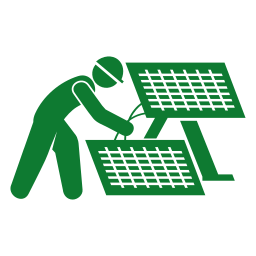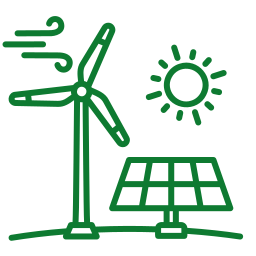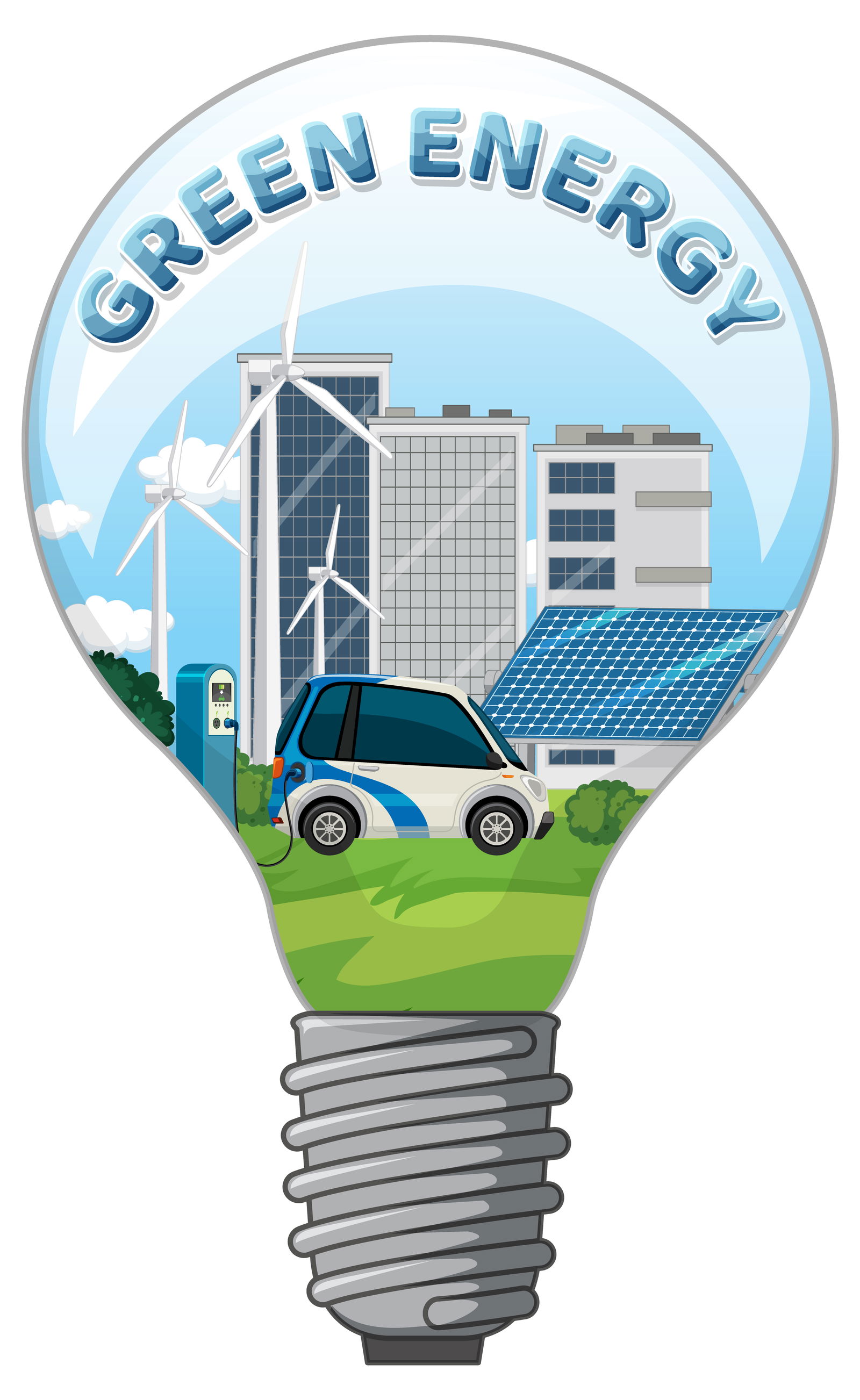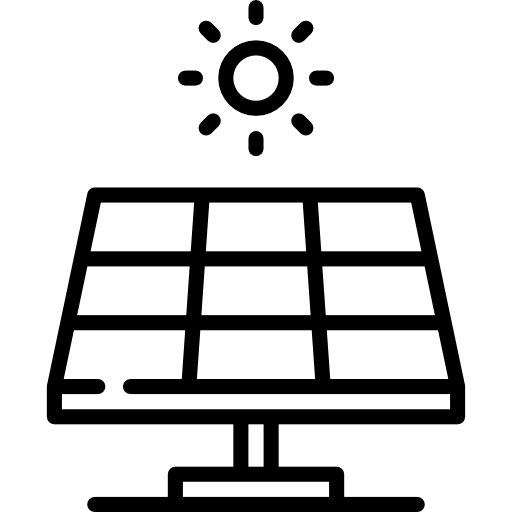Magma
Consultation Services
Consultation services provide expert advice on energy solutions, including solar installation, energy efficiency, and system optimization. They guide clients through design, planning, and implementation, helping to select the best options for cost savings, sustainability, and performance.
Features
Making our country healthy
Efficiency
Solar efficiency measures how effectively solar panels convert sunlight into electricity.
Durability
Durability refers to a material's ability to withstand wear, pressure, or damage over time.
Output Rating
Output rating is the maximum power a solar panel generates under ideal conditions.
Temperature Coefficient
Temperature coefficient indicates efficiency loss per degree Celsius increase in temperature.
Bifacial Panels
Bifacial panels capture sunlight on both sides, increasing energy output and efficiency.
Low Maintenance
Low maintenance refers to requiring minimal care or upkeep over time.
FAQs
At Magma, we understand that security is a top priority for your business, event, or property.
What is Solar energy?
Solar energy is energy harnessed from the sun using solar panels and other technologies. It is a renewable and sustainable source of energy that can be converted into electricity or heat for homes and businesses.
How do solar panels work?
Solar panels contain photovoltaic (PV) cells that convert sunlight into electricity. When sunlight hits the cells, it creates an electric current through the photovoltaic effect, which can then be used to power homes, businesses, or stored in batteries.
What are the benefits of solar energy?
- Renewable and Sustainable: Solar energy is abundant and won't run out as long as the sun is shining.
- Environmental Impact: Solar energy reduces greenhouse gas emissions, helping to fight climate change.
- Cost Savings: Solar energy can lower electricity bills by reducing reliance on the grid and can even generate income through net metering.
- Energy Independence: Solar power allows you to produce your own electricity and reduce dependence on fossil fuels.
Are there any disadvantages to solar energy?
| Initial Cost | Weather Dependence | Space Requirements: |
| The upfront investment can be high, although this can be offset by incentives and long-term savings. | Solar energy generation is less efficient in cloudy or rainy weather, although storage systems like batteries can mitigate this issue. | Solar panels require roof space or ground space for installation, which may not be available in some locations. |
✖

